6 Practical Tips On Improving Boiler Efficiency for Professional Marine Engineers
One of the important tasks of marine engineers on board ships is to ensure that all the machinery systems are running efficiently. Each machinery in the engine room is dependent on a variety of aspects, which decides its overall efficiency and performance.
Boiler is one such important machinery in the ship’s engine room that needs special attention, considering the fact that it supports several other operations and machinery, including the main engine. Maintaining and improving boiler efficiency requires taking note of a number of factors.
Mentioned below are 6 important points that must be considered in order to improve boiler efficiency.
1. Feed Water Temperature
To improve any system’s efficiency, it is important to maintain the standard of all the inputs of that system. In boiler system, it is the feed water which plays an important role in deciding the overall efficiency. For this, the feed water temperature must be maintained at approx. 80- 85 deg C to ensure boiler is operated at high efficiency. Any reduction in the water temperature will lead to more time for heating up the water to produce steam, more fuel consumption and decrease in the overall efficiency.
The hot well needs to be monitored for correct temperature and level. Any sudden fall in the level of hot well means more addition of cold water to maintain the level, which leads to reduction in the feed water temperature.
Pro-Tips:
- Maintain Feed Water temp- 80 to 85 deg. C
- Ensure hot well level controller is operating properly
- Monitor feed water temperature through hot well
2. Supply of Air/Steam to Burner
Air/steam is required to ensure adequate fire is generated inside the furnace through good combustion. It is therefore important to know the percentage of air/steam for efficient combustion. For fuel oil fired marine boiler with register type burner, 15-20 % by weight of air is required for efficient combustion.
Controlling excess air within the required range will lead to decrease in the flue gas losses. Every 1% reduction in the excess air supplied to the furnace results in approx 0.6% increase in the boiler overall efficiency.
Pro-Tips:
- Excess Air/steam to be reduced or avoided
- Know the stoihiometric air fuel ratio for your boiler under its current rating
- Keep a check on the content of combustion gases using flue gas analyzer to adjust the air fuel ratio accordingly
3. Structural Importance
The boiler is a high pressure vessel generating high temperature steam for various purposes. The outer shell or structure is an important part which not only contains the pressure but keeps the temperature of the flue gas intact inside the boiler for better heat exchanging ability.
Things to Check:
- Leakage from the boiler shell must also be checked. This occurs mainly due to deformation or bulging of shell leading to cracks and leakage.
- The insulation of the boiler must be checked for any damage or leakage.
- The refractory should be checked at least once in a month for their condition. Any damage in the refractory will lead to localized heating of the shell and damage to the same.
Pro-Tips:
- Check refractory and replace the damage refractory as soon as possible
- Check for any black spots in the outer plates of the boiler. This indicates the boiler shell has cracks and it is leaking
- Ensure insulation of the shell is properly maintained to minimise the heat loss and to maintain the boiler efficiency
4. Blow Down Control
It is normally observed that boiler blow down is not performed regularly by operators. Blow down is only performed when the water test results are high in chloride or when high conductivity alarm occurs. This leads to uncontrolled continuous blowdown which is actually waste of boiler heat and efficiency. This reduces prominent amount of high temperature water inside the boiler and addition of moderate temperature water from hot well.
The boiler burner will now fire for longer period to maintain the steam pressure hence fuel combustion will increase reducing the efficiency. It is recommended to perform regular blowdowns for short period which not only maintains the chloride level but also reduces the thermal stresses within the boiler.
Pro Tips:
- Avoid continuous long blowdown
- Regular short blowdown are recommended
- Keep a regular check on boiler water chloride content
5. Boiler Loading
Ships provided with more that one boiler or steam generators must ensure that the load of the boiler is neither too low nor too high. The best operating range to get the maximum boiler efficiency is 2/3rd of the boiler full load. If the boiler is operated below 50% load, more air is required to burn the fuel which increases the sensible heat loss. It is always better to run less number of boiler at high load than more number at low load.
Pro Tips:
- Highest efficiency of boiler can be achieved at 2/3rd of the full load
- Avoid running the boiler at below 25% load as the efficiency reduces significantly below this load
6. Soot deposits
The oil fired boilers are prone to soot deposits in the tube and internal boiler surface which reduces the heat transfer rate. An elevated tube stack temperature is indication of increased soot deposits over the tube. An estimated 1 percent efficiency loss occurs with every 22 deg C increase in stack temperature and 3 mm of soot can cause an increase in fuel consumption by 2.5 percent due to increased flue gas temperatures. A regular cleaning of boiler and economiser tubes must therefore be performed. Record and observe the stack temperature for indication of soot deposits.
Pro tips:
- Recommended to install a dial type thermometer at the base of the stack to monitor the exhaust flue gas temperature
- When the flue gas temperature rises to about 20 oC above the temperature for a newly cleaned boiler, it is time to remove the soot deposits
Over to you…
Do you know any important points that can be added to this list for improving the efficiency of boilers on ships?
Let us know in the comments below.
Do you have info to share with us ? Suggest a correction
Latest Marine Technology Articles You Would Like:
Related Posts
- Blow-Down Procedure for Marine Boilers
- 6 Practical Tips On Improving Boiler Efficiency for Professional Marine Engineers
- What To Do During Marine Auxiliary Boiler’s Flame Failure or Fuel Pump Tripping?
- Boiler Starting Failure – Troubleshooting
- Understanding Boiler Feed Water Contamination
- Understanding Boiler Refractory And Its Types
Subscribe To Our Newsletters
By subscribing, you agree to our Privacy Policy and may receive occasional deal communications; you can unsubscribe anytime.
Web Stories

About Author
An ardent sailor and a techie, Anish Wankhede has voyaged on a number of ships as a marine engineer officer. He loves multitasking, networking, and troubleshooting. He is the one behind the unique creativity and aesthetics at Marine Insight.



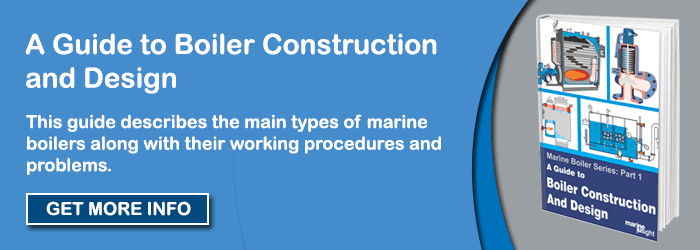
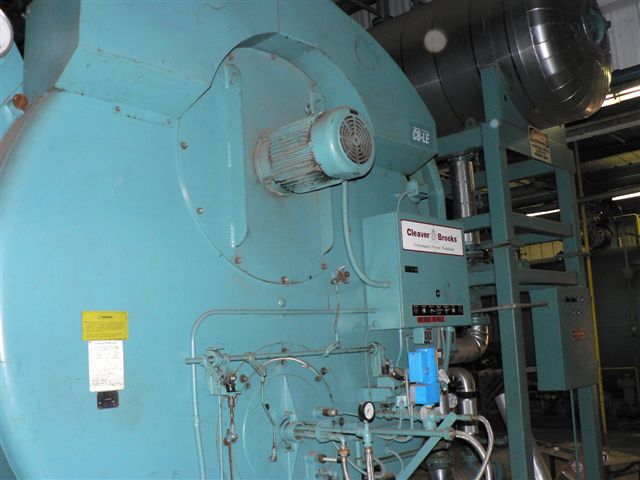

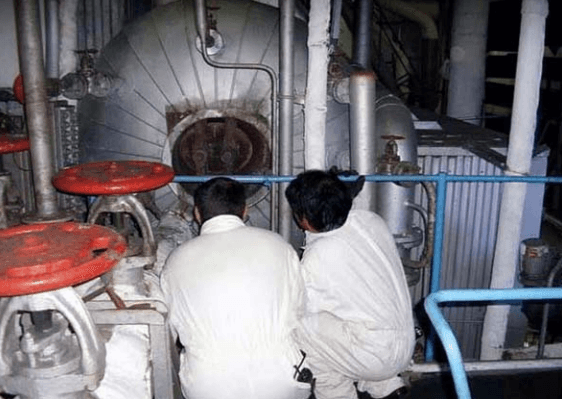
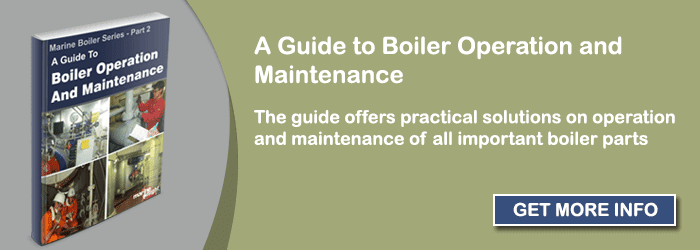

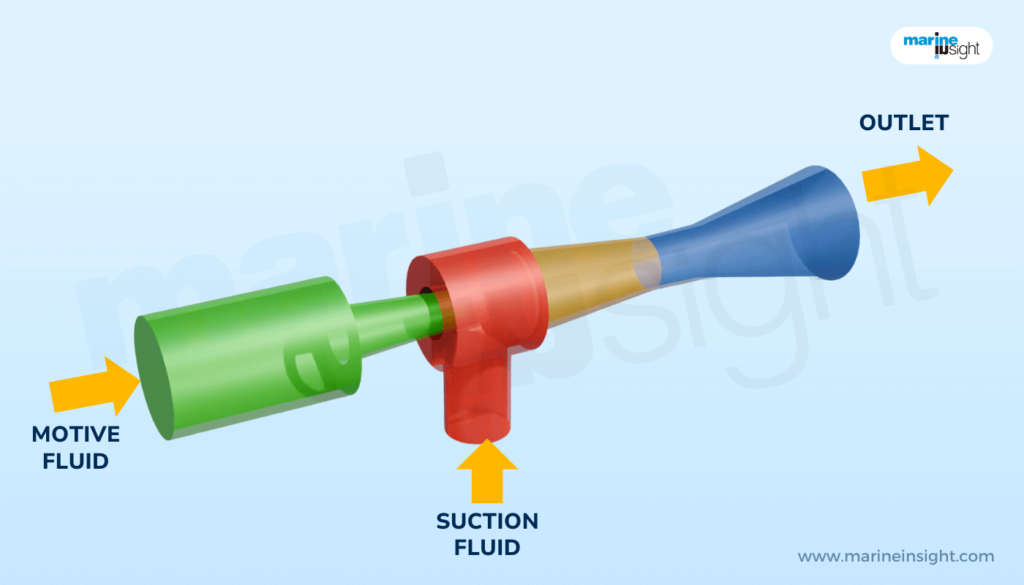

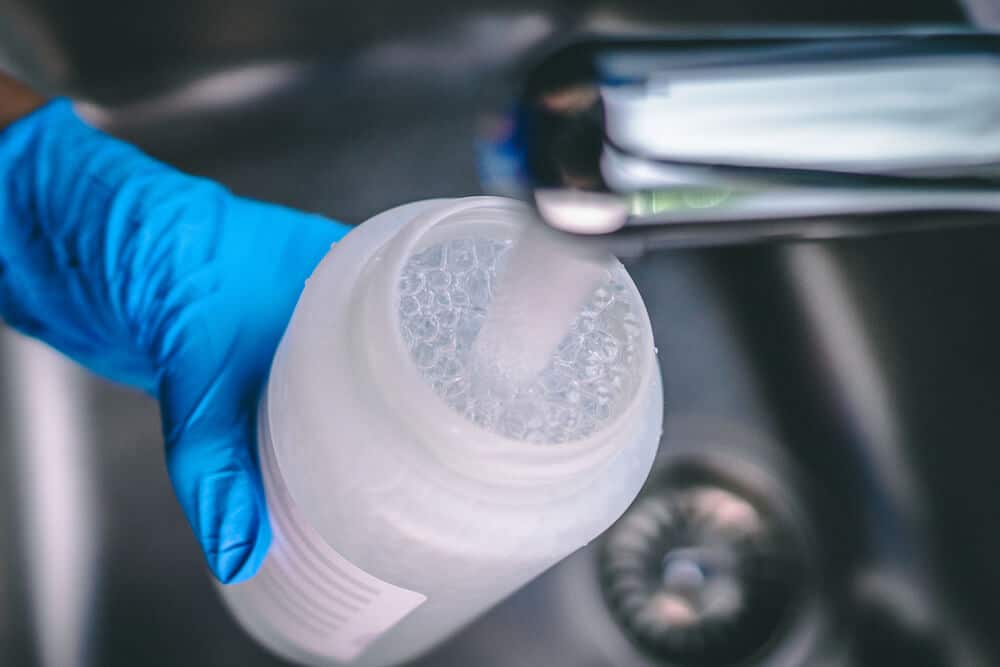
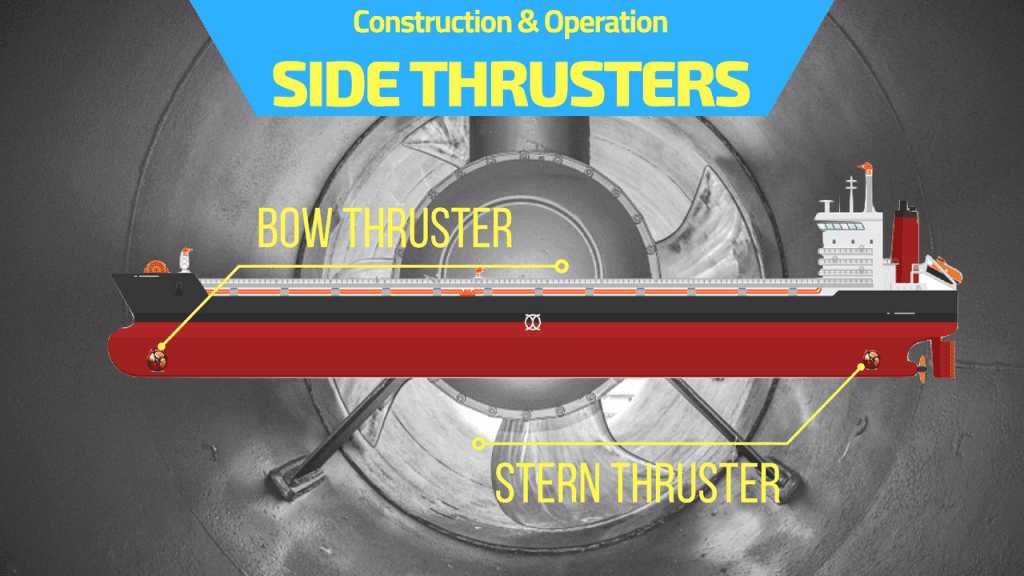

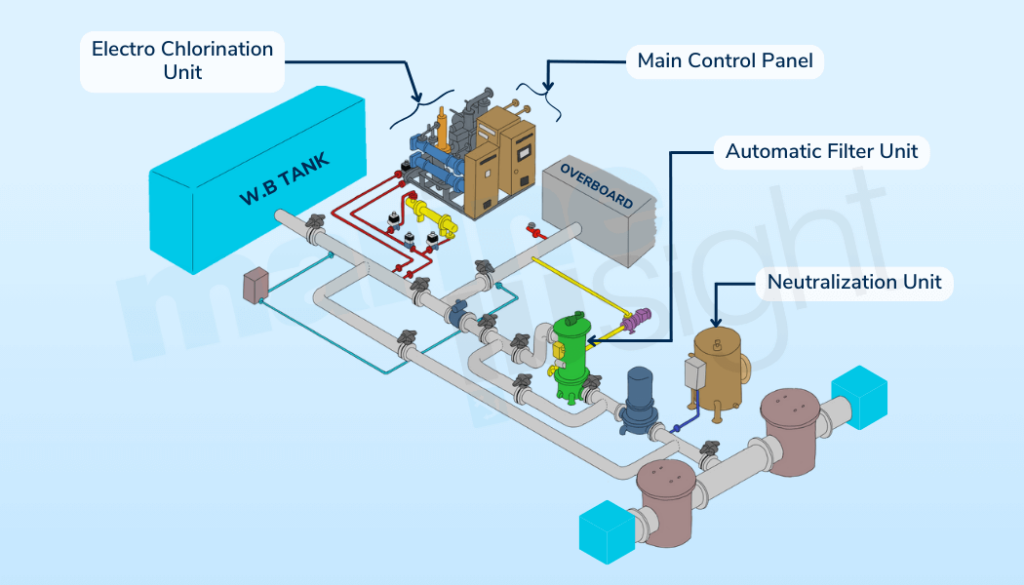

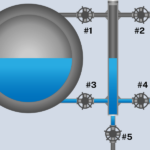
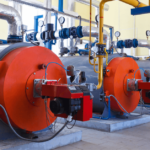


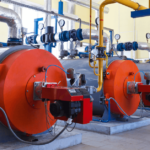
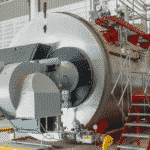

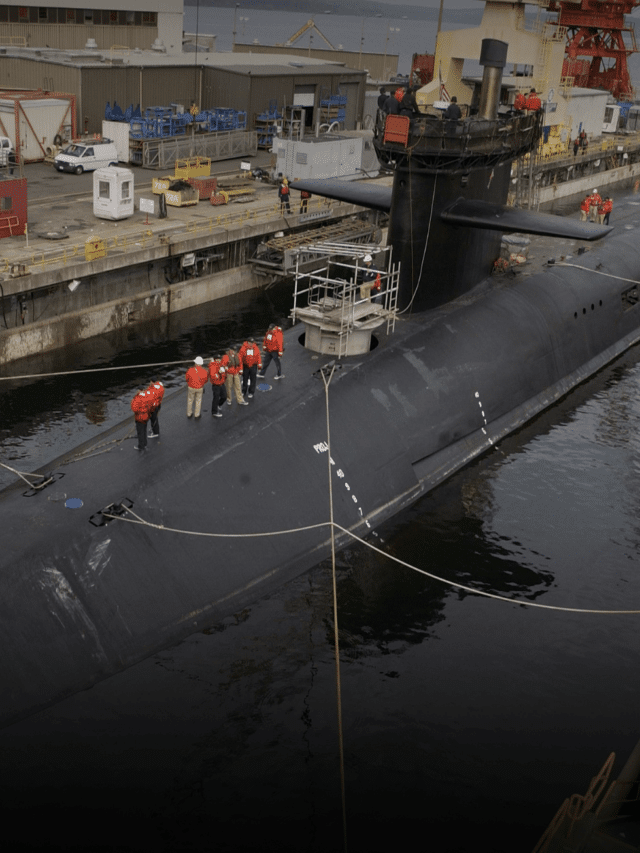



Fuel side is also equally important. Fuel filters are cleaned regularly. Ensure that pilot burner aswell as main burner are are properly overhauled. Diffuser plate is clear of any soot deposits and the nozzle penetration is optimum as per manufacturer for proper atomisation and throw.
WATER LEVEL IN BOILER IS IMPORTANT. TOO MUCH WATER CAN INDUCE PRIMING.BEST LEVEL IS HALF A GLASS .
An excellent educational article very usefull to all engine operators and much more young Engineers.Well done!!!
Fuel atomization must be right. Steam or air pressure for atomization is the most important factor for good combustion. Agree with Sanyog.
One of the main thing is to clean the pilout and main burner properly and to keep fuel and oxygen ratio appropriate.
dont forget the type of fuel being used maintain the proper temp for proper combustion.
Just to add that Feed water temperature adjustment is essential for avoiding dissolved oxygen and gases in feed water. additionally burner atomization and fuel injection efficiency should be included in the article.
Steam traps to be checked.
I’m glad you talked about how important the insulation of the boiler is in order to keep hot temperatures inside. My grandpa is looking to get new boilers for his home and he wants to make sure they stay in good shape. I think I will talk to him about having regular maintenance done and to also make sure the insulation isn’t damaged or leaking!
thanks by the tips, very usefull.
@Reinaldo: Thank you for stopping by and commenting. Appreciate it.
IT IS VERY WELL
TOO TIPS FOR STEAM’S BOILERS THAT IN ANOTHER ACTIVITIES
PLEASE
PLEASE TIPS FOR STEAM’S BOILERS OF SUGAR CANE
EXCUSEME
THANKS
IS VERY INTERESTING ABOVE 6 PRACTICAL TIPS ON IMPROVING BOILER EFFICIENCY………
I LIKE ME
@Mario – Thank you